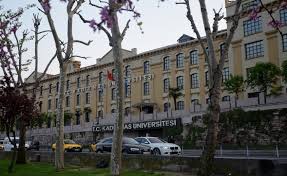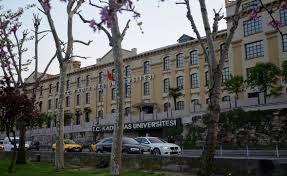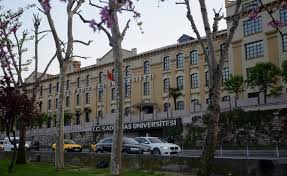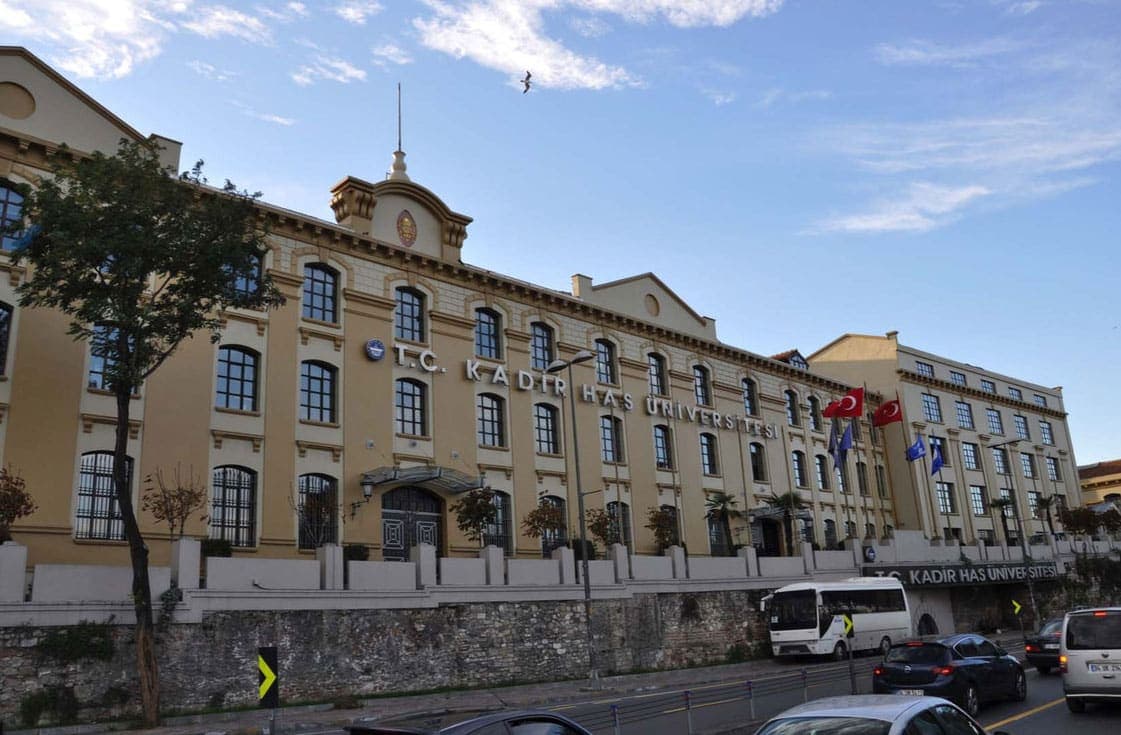
Kadir Has University
Fatih, Turkey
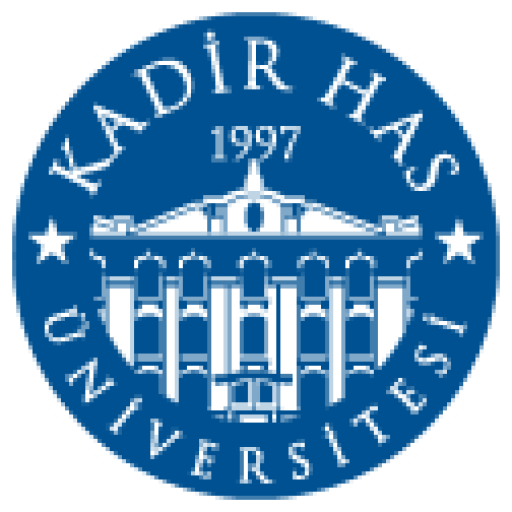
Kadir Has University
Located nearby, in the present neighborhood of Unkapani, was the Zeugma, a port that opened into the city’s economic center during the Ottoman era and continued to be used until the 19th century. Activity around the Zeugma brought liveliness to the surrounding area, but Cibali also benefited from this hustle and bustle: Ottoman warehouses and caulkers along the Haliç shore of Cibali gave witness to the flourishing businesses in that part of the area. In earlier times, Cibali’s harbor called the Puteae, or Porto del Pozzo was lined with warehouses bursting with goods destined for the consumers of Istanbul. The passageways through the Cibali gates were instrumental in getting these goods from the port and into the city. After the conquest, the Cibali area started to develop. Cibali became a favorite of sea captains, and famous seafarers like Murad Reis, Mustafa Pasa, and Kemal Reis had mansions in the neighborhood.
Two factors link Cibali with Istanbul’s identity: fire and tobacco. As Cibali was a trade center and there were many caulkers using flammable materials in the construction of ships, there were many fires. If there were northeast winds, these fires, both outside and inside the Haliç walls, represented a clear danger, especially because the city at that time was composed of so many wooden houses. During this time, many of the larger conflagrations were called “Cibali fires.”
The Cibali Tobacco Factory, founded in 1884, was an important institution that changed the neighborhood socially and economically. Around the turn of the century, its large factory building housed tobacco processing and cigarette production. There were several reasons for locating such a large factory in this small neighborhood. At that time, tobacco customs were collected in that area, and many people who supplied the factory’s manpower lived nearby. Indeed, if we look at the many photographs taken during the 1900s that document the life of the factory, the picture is quite remarkable. There were 1500 women and 662 men (a total of 2162 people) working there. The Tekel Cibali Cigarette Factory was, in fact, a small town complete with local police and civil servants, hospitals, a daycare center, grocery stores, schools, a fire department, sports facilities, trade unions, and restaurants.
On March 1, 1925, after forty years of French administration and with the establishment of the republic, the control of the factory passed to the state. For many years the factory processed, stored, and sold tobacco. Then in 1995, the factory, most of which had been shut down, was abandoned. In 1997, the Finance Ministry handed the buildings to Kadir Has University. Dr. Mehmet Alper was appointed architect in charge of restoring and renovating the factory buildings into a university campus. In March 1998, the work began. Working together with university planners, the architects in charge of the restoration have taken great care to preserve the original character and architectural integrity of the buildings while at the same time enhancing the space to suit the university’s needs.
Between 1998 and 2002, the Tekel Cibali Cigarette Factory was transformed, by the Kadir Has Foundation, from a warehouse that produced and sold tobacco into an institution of higher learning. After four years of restoration work, Kadir Has University Cibali campus officially opened its doors on February 13, 2002. The new KHAS campus combines elegant facades, sunny atria, and large, airy interiors with quality education and research facilities. Thus, the new campus of KHAS represents a significant step in fulfilling the university’s mission of building a future out of the country’s past by establishing in the heart of Istanbul a hub where culture, education, and scientific research meet to address the changing needs of Turkey and the world.
Features
Kadir Has University (KHAS) in Istanbul is known for its strong academics, research focus, and modern education model. It offers undergraduate, graduate, and doctoral programs across various fields, emphasizing interdisciplinary learning and industry collaboration.\n\nThe university features state-of-the-art facilities, international partnerships, and a vibrant campus life with student clubs and events. It has a 66% graduate employment rate, aiming for 90%. KHAS also participates in Erasmus+ exchange programs, attracting students from over 40 countries.
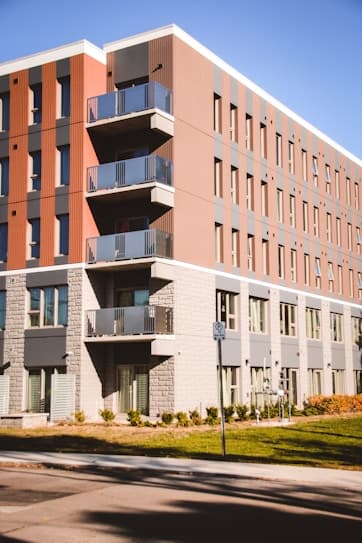
Accommodation
Off-Campus Accommodations Students wishing to live off-campus need to research availability on their own, and should arrive well before the start of term to do so.

Work While Studying
See guidelines on working while studying here.

Co-op/Internship Participation
Even if you do NOT meet our minimum English requirement (IELTS or TOEFL), you still can get conditionally accepted in the program of your choice with the condition of completing our English program prior to starting your chosen program.
Featured Programmes
Average Time To Receive Acceptance Letter
October - January
February - June
Location
Cibali, Kadir Has Cd., 34083 Cibali / Fatih/Fatih/İstanbul, Türkiye
Uni4Edu AI Assistant
